What increasingly partisan and venomous Wisconsin school board races reveal about American elections
As traditionally nonpartisan school board campaigns become polarized battlegrounds, voters in Wisconsin elections on April 5 may set the tone for how contentious races across the country will become in 2022.
ProPublica
April 4, 2022
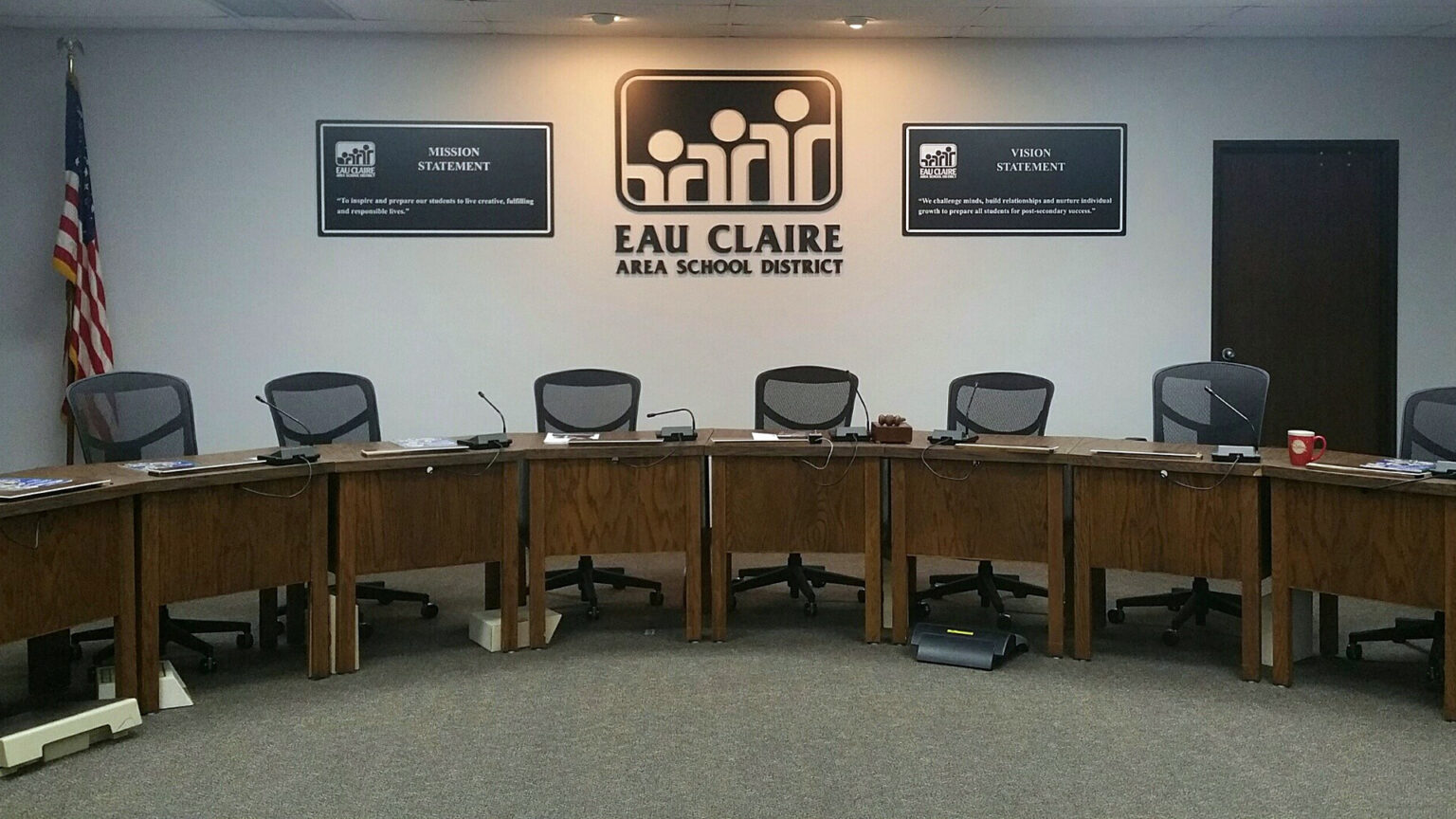
The president of the Eau Claire Area School District Board of Education and his family were targeted by a death threat only weeks before the April 5 election. (Credit: Eau Claire Area School District)

By Megan O’Matz, ProPublica
This story was originally published by ProPublica, a nonprofit newsroom that investigates abuses of power. ProPublica is a Pulitzer Prize-winning investigative newsroom. Sign up for Dispatches, a newsletter that spotlights wrongdoing around the country, to receive our stories in your inbox every week.
At the beginning of March, three conservative candidates for school board seats in the west Wisconsin city of Eau Claire stoked controversy about a teacher training program that they claimed could exclude parents from conversations about their children’s gender identity or sexual orientation.
Right-leaning groups across the country seized on the issue, portraying it as another example of schools usurping the role of parents. A few weeks later, the school board president received a death threat.
“I am going to kill you and shoot up your next school-board meeting for promoting the horrific, radical transgender agenda,” an anonymous email read.
Farther south in Holmen, in the scenic Driftless Area of Wisconsin, local police are investigating a social media post showing a postcard left on cars at a shopping center that read: “Keep Holmen Schools White and Christian.”
The postcard urged support for two board candidates. Neither candidate has been connected to the incident, and both decried the postcard on social media, calling it a “disgusting and vile fake political ad.”
“I really don’t want to make more statements on it. It’s been really exhausting,” Josh Neumann, the father of six said of the attention paid to the card. His running mate Chad Updike could not be reached for comment.
Voters in Wisconsin and three other states head to the polls April 5 in what are some of the nation’s earliest school board elections in 2022. In a harbinger of what voters across the country will see in coming months, many of the traditionally nonpartisan school board races have become increasingly polarized.
Outsiders who have traditionally stayed out of local races are now trying to influence school board contests across the country, using tactics more typical of elections with higher stakes.
Republicans, and particularly the wing of the party that still supports former President Donald Trump, have come to see local races as a way to energize their base and propel voters to the polls — part of what some leaders have called a “precinct strategy.” Sen. Ron Johnson, the Wisconsin Republican, last year encouraged residents to “take back our school boards, our county boards, our city councils.”
Former Trump adviser Steve Bannon, speaking on his “War Room” podcast in May 2021, said: “The path to save the nation is very simple. It’s going to go through the school boards.”
“It’s the precinct committees. It’s you. It’s upon your shoulders,” he added, warning that “cultural Marxism” is being introduced in schools and promising a tea party-like revolt by parents of schoolchildren.
In Wisconsin, as elsewhere, some school board members and other school officials have quit without finishing their terms, saying that the anger directed their way has made serving untenable. Others have declined to run for reelection.
In Eau Claire, school board President Tim Nordin, who received the death threat, is standing firm and running for reelection. “This is Eau Claire’s election,” he said in a statement. “Others want to control this election by inciting fear in you and driving votes with outside money and news coverage. They, quite literally, are trying to threaten us into submission. I remain unbowed.”
The three conservative candidates did not respond to messages seeking comment.
Michael Ford, an associate professor of public administration at the University of Wisconsin-Oshkosh who studies school board races, said it’s not surprising that the state, the birthplace of school vouchers and home to one of the most robust open-enrollment public school choice programs in the country, would be a focus for school board elections.
“We always, traditionally, are on the front lines of the changes in education policy, especially those that are highly premised on parental engagement,” he said. “I think it’s logical other states that have looked at Wisconsin as a pioneer on these things would look again.”
Parents, who during the pandemic saw their children struggle with remote learning and other issues, are demanding more control over school management and curriculum decisions. The backlash against mask-wearing by students has played neatly into conservative themes of parental freedom.
Some political observers and academics worry that the politicization of local offices will make it harder to deliver essential school services.
“It makes progress impossible,” Ford said.
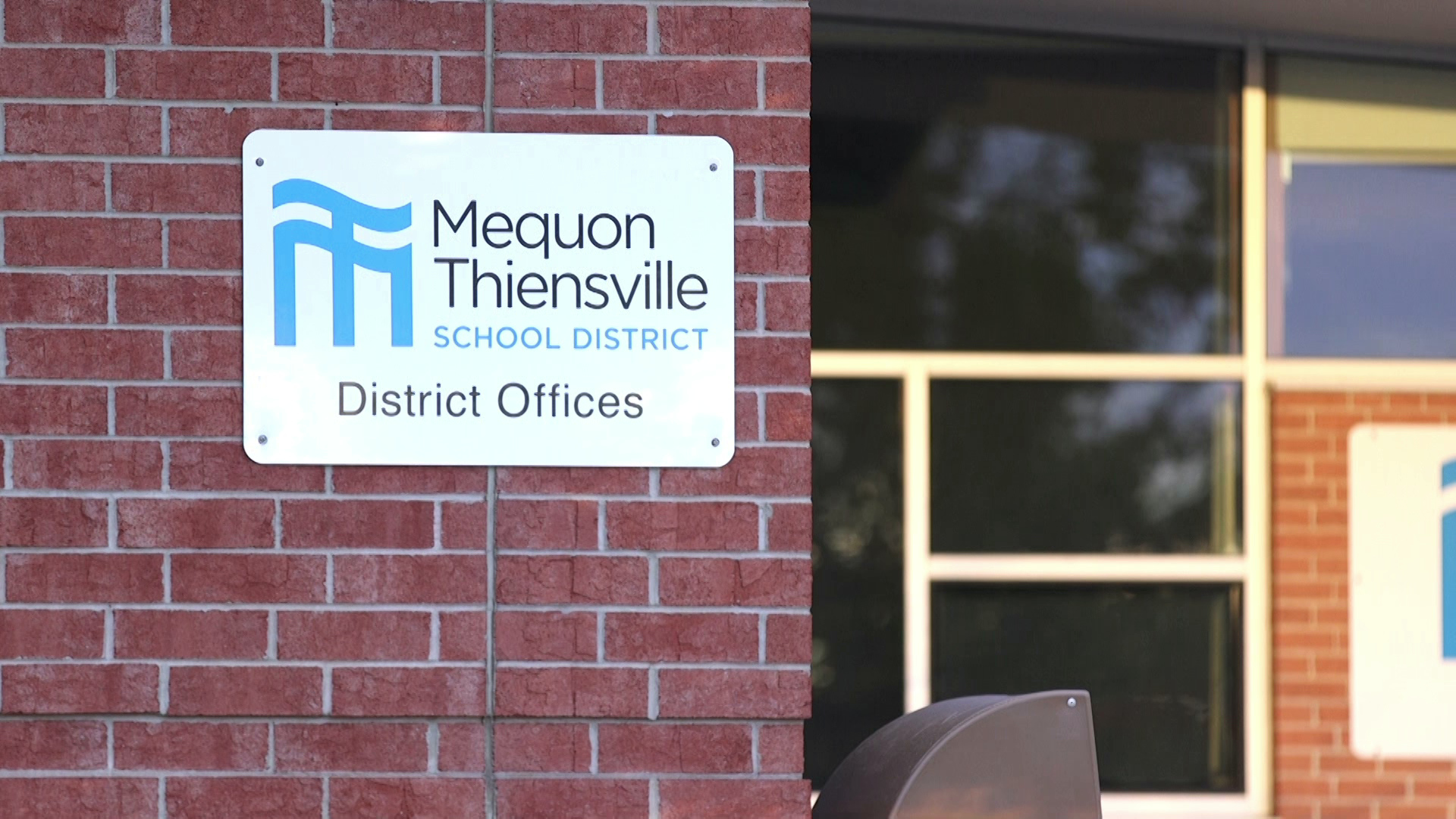
The Mequon-Thiensville School District, located north of Milwaukee in Ozaukee County, held a school board recall election in November 2021, with two of its seats up again in the spring 2022 election. (Credit: PBS Wisconsin)
Wisconsin school board races at times have had partisan undertones, but the issues at play have largely centered on controlling taxes and paring the benefits educators received.
Things began to change about a decade ago. That’s when Wisconsin school board candidates who had signed petitions to recall Republican Gov. Scott Walker over his push to limit collective bargaining for public employees became targets of conservative talk radio. On the other side, the state’s largest teachers union typically vetted and endorsed candidates it believed would support its aims at the bargaining table.
Today, school board elections are more heated and personal — framed in terms of saving schools, saving children and saving America. Also mentioned: COVID-19 protocols, critical race theory, equity, “divisive curriculum,” library book bans and parental rights.
Rebecca Kleefisch, the former lieutenant governor under Walker who is running for the GOP nomination for governor, recently endorsed 115 local candidates she calls conservatives, including 48 school board candidates — a product of two years of work recruiting and training people for local races. Her campaign did not respond to requests for comment.
Political experts say it is highly unusual for gubernatorial candidates to endorse school board candidates, except perhaps in their hometown. Democratic Gov. Tony Evers has not done so. “The governor generally has not gotten involved in nonpartisan races in Wisconsin,” his communications office said in an email.
Another sign that the school board races are taking on a more partisan tone: Rather than campaigning as individuals, candidates in many of the state’s population centers are running on slates with common platforms and talking points.
“Attention Conservative Voters Don’t Stay Home: Vote For all Four Candidates,” a flyer for the village of Sussex states. Paid for by the Republican Party of Waukesha County, it features the names and photos of two candidates for village trustee and two for the school board.
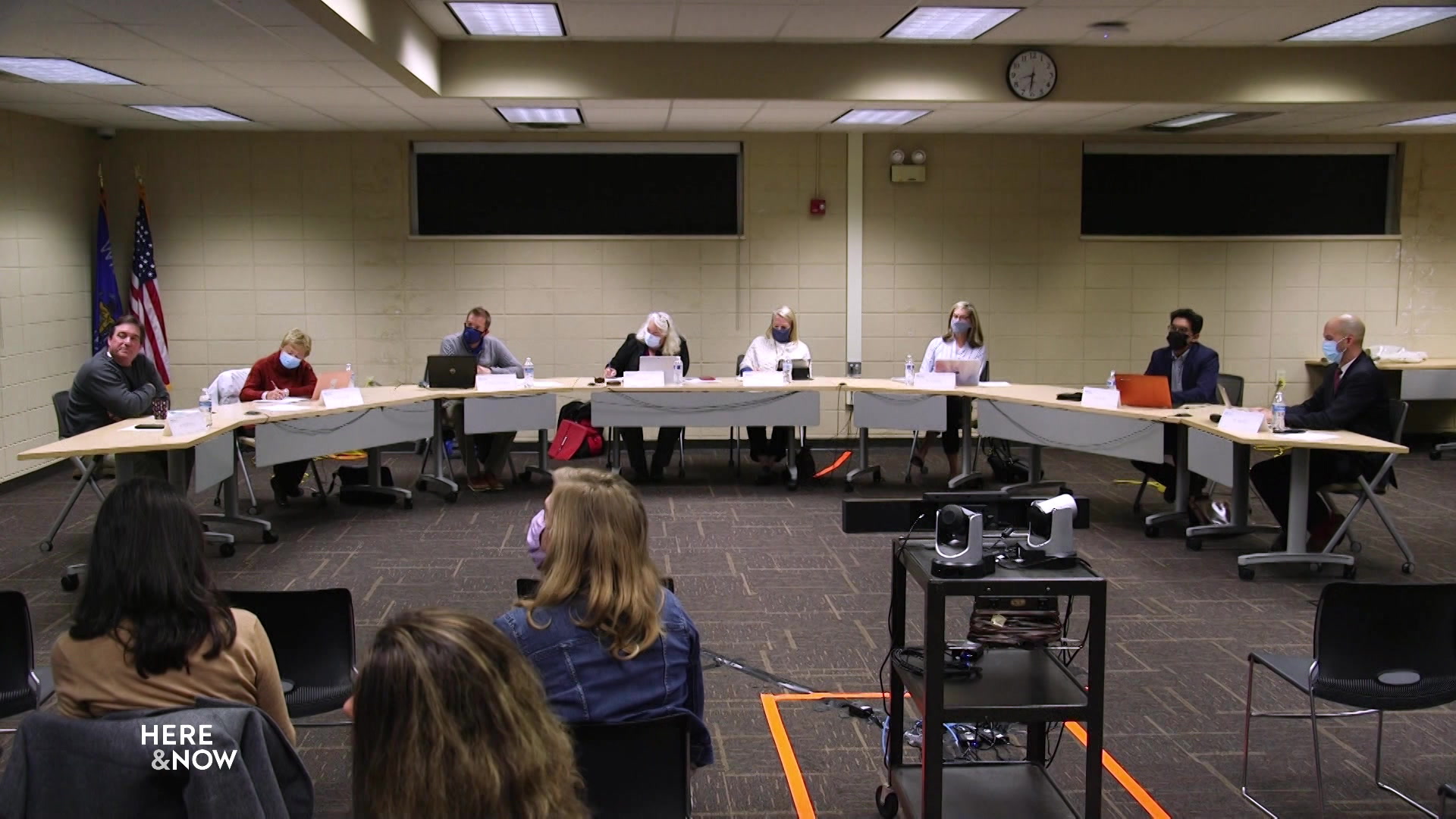
All four members of the Mequon-Thiensville school board facing recall retained their seats in a special election on Nov. 2, 2021. The board held its final regular business meeting before the election on Oct. 25. (Credit: PBS Wisconsin)
A particular focus for Wisconsin Republicans has been the traditionally conservative communities ringing Milwaukee known as the WOW counties: Washington, Ozaukee and Waukesha.
The counties have shown some liberal leanings of late. In much of the area, Trump’s support slipped from 2016 to 2020. Biden even won the city of Cedarburg, in Ozaukee County, though by just 19 votes.
Campaign finance records filed to date show the Republican Party of Waukesha County has funneled at least $10,000 into elections in nine school districts in that county alone.
The Patriots of Ozaukee — a newly formed organization dedicated to “promoting conservative values and asserting our Constitutional rights” — is endorsing candidates in school board and municipal races.
The Patriots of Ozaukee did not respond to requests for comment.
National conservative advocacy groups, with members in Wisconsin and elsewhere, also are having an influence on local school district races in the state. They include Moms for Liberty, which has a chapter in Kenosha and on its Facebook page has recommended three of the six candidates running for school board.
“Our mission is preserving America through unifying, educating and empowering parents to preserve their rights at every level of government,” said Amanda Nedweski, the organization’s co-chair in Kenosha and an outspoken critic of the Kenosha Unified School District’s board.
“We attend meetings. We do research. We do a lot of public record requests,” she said. The tax-exempt organization only recently started asking for dues of $25 per year.
Another group urging greater activism is the Phoenix-based Turning Point USA, which has conservative political clubs on high school and college campuses nationwide. It does not endorse or fund candidates, but has a “school board watchlist” that names districts across the country it says push “Leftist, racist and anti-American propaganda.” Its website lists nine Wisconsin districts.
The group uses its watchlist to highlight mask mandates, diversity and other matters, Turning Point USA spokesman Andrew Kolvet said. “Those types of issues are obviously massively important to parents and other stakeholders in the community, and it’s not always easy to find out who supports what,” he said.
In Ozaukee County’s Mequon-Thiensville School District in the suburbs north of Milwaukee, one of the organizers of an unsuccessful recall election in the fall of 2021 that targeted four school board members is again seeking a board seat. Scarlett Johnson, the former vice president of the Wisconsin chapter of No Left Turn in Education, has said that she wants to bring a fresh perspective to the board.
“I think education has changed,” she said. “I think the way that parents look at education has changed. I think teachers are very frustrated as well. And so that’s why I say the status quo is just not going to work anymore. And I don’t get the feeling that our current board and our administrators really understand that.”
The recall effort was notable because it drew contributions from two out-of-state billionaires: $6,000 from Illinois billionaire Richard Uihlein, a Trump supporter and founder and CEO of Uline, a Wisconsin shipping supplies company, and $1,650 from the Chicago hedge fund billionaire Ken Griffin. Johnson said members of the recall effort simply wrote letters to the two men asking for donations.
Representatives for Uihlein and Griffin did not respond to requests for comment.
Altogether, the recall effort brought in more than $58,000 in contributions.
A coalition of parents opposing the recall raised more than $36,000, according to campaign finance reports.
Both sides spent money largely on Facebook ads, direct mail, radio ads and yard signs.
Nicole Angresano, a leader in the coalition that turned back the recall, resents the coordinated attacks on the top-rated district. “I don’t think infuriating is hyperbole,” she said. “It’s infuriating to me.”
 Passport
Passport




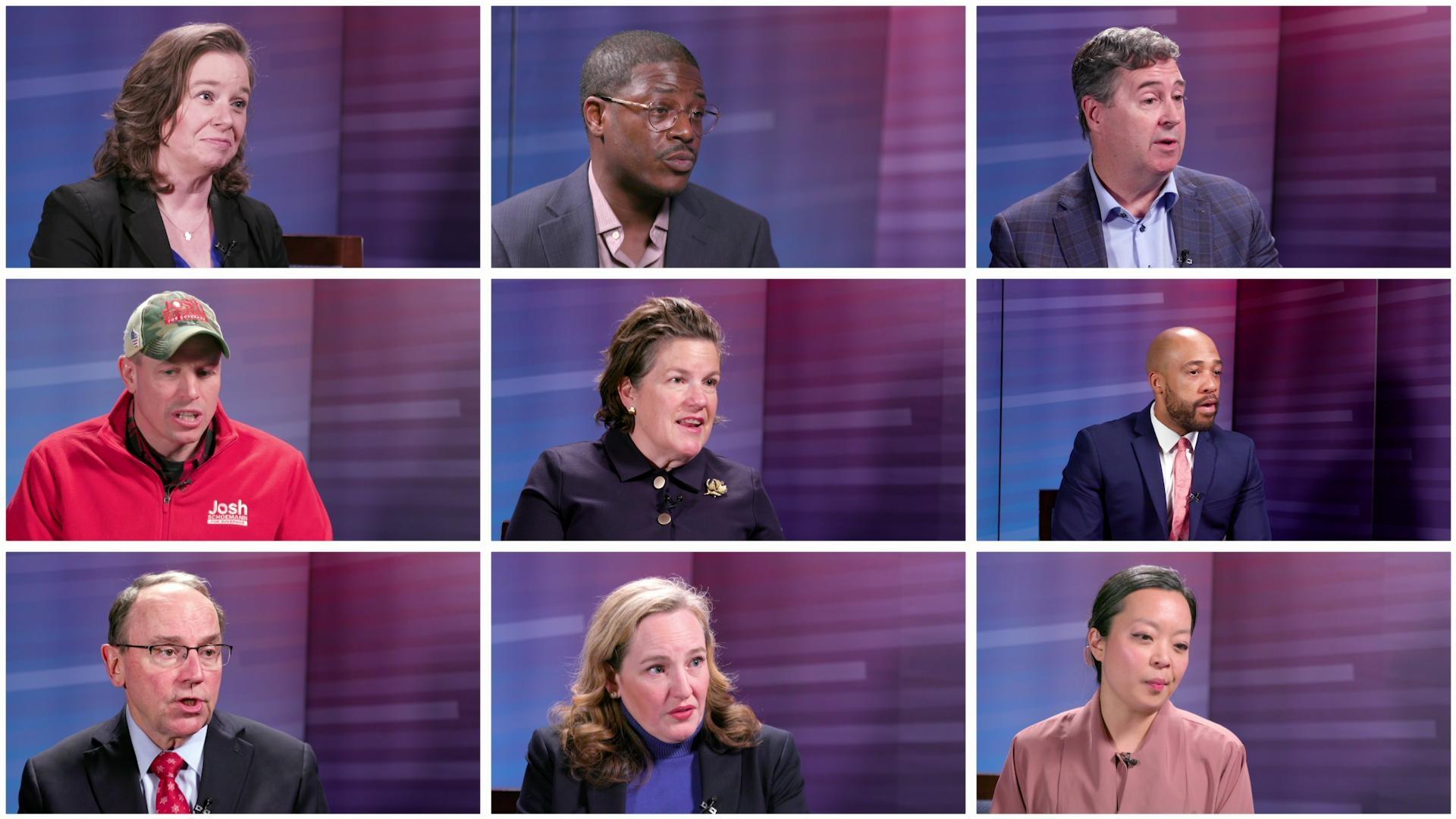

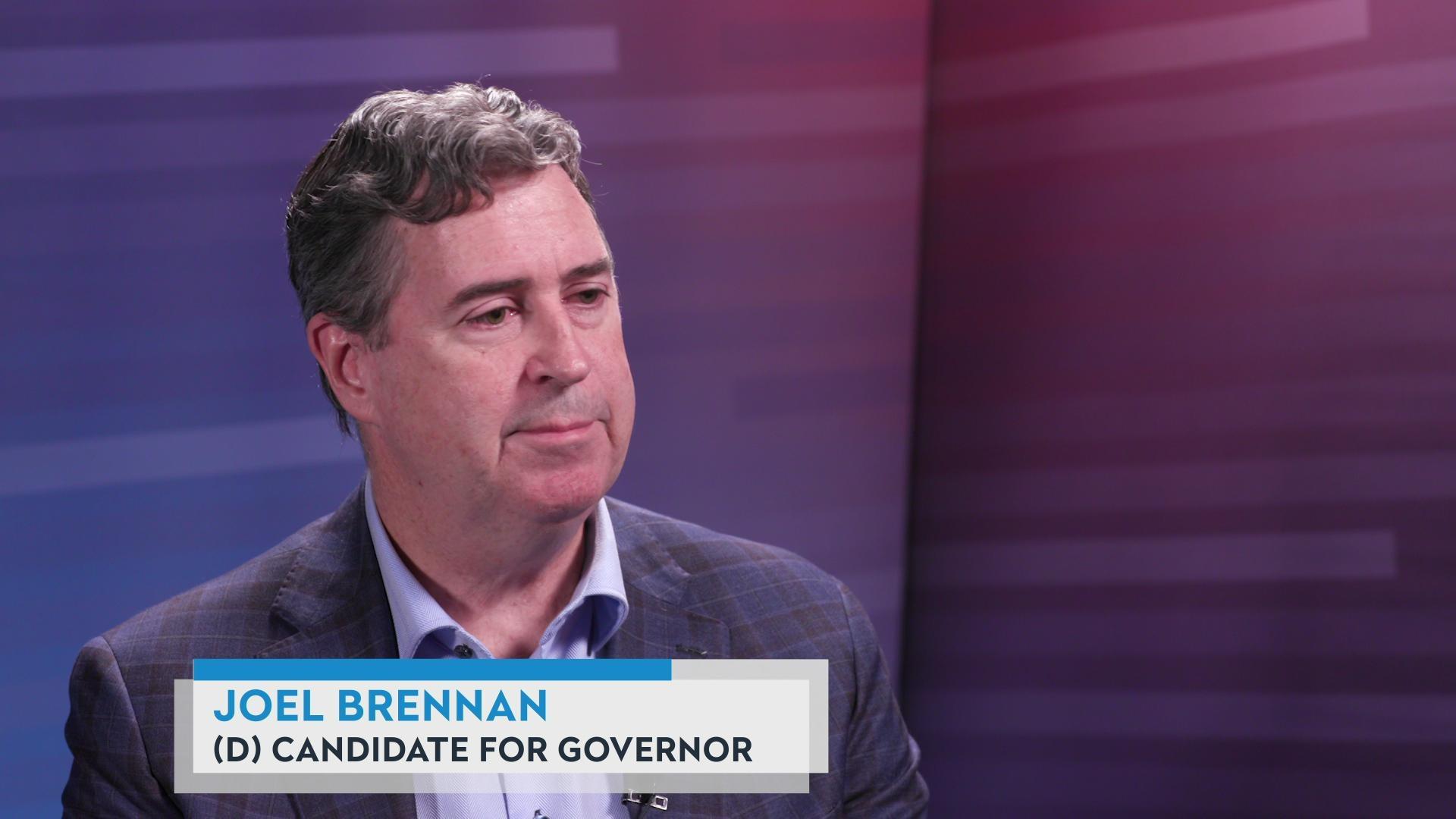
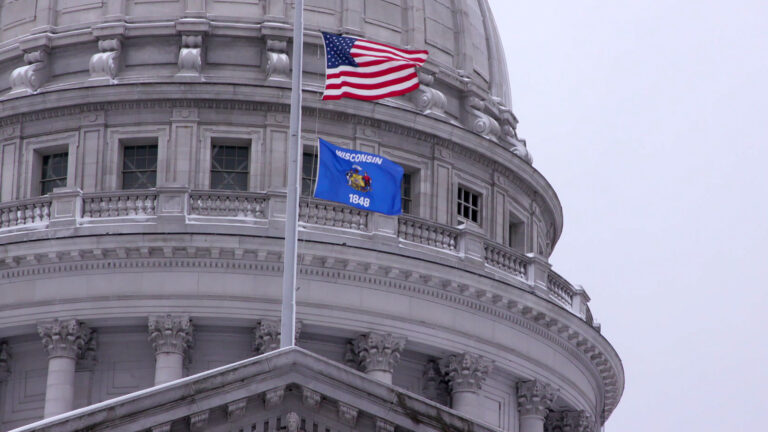
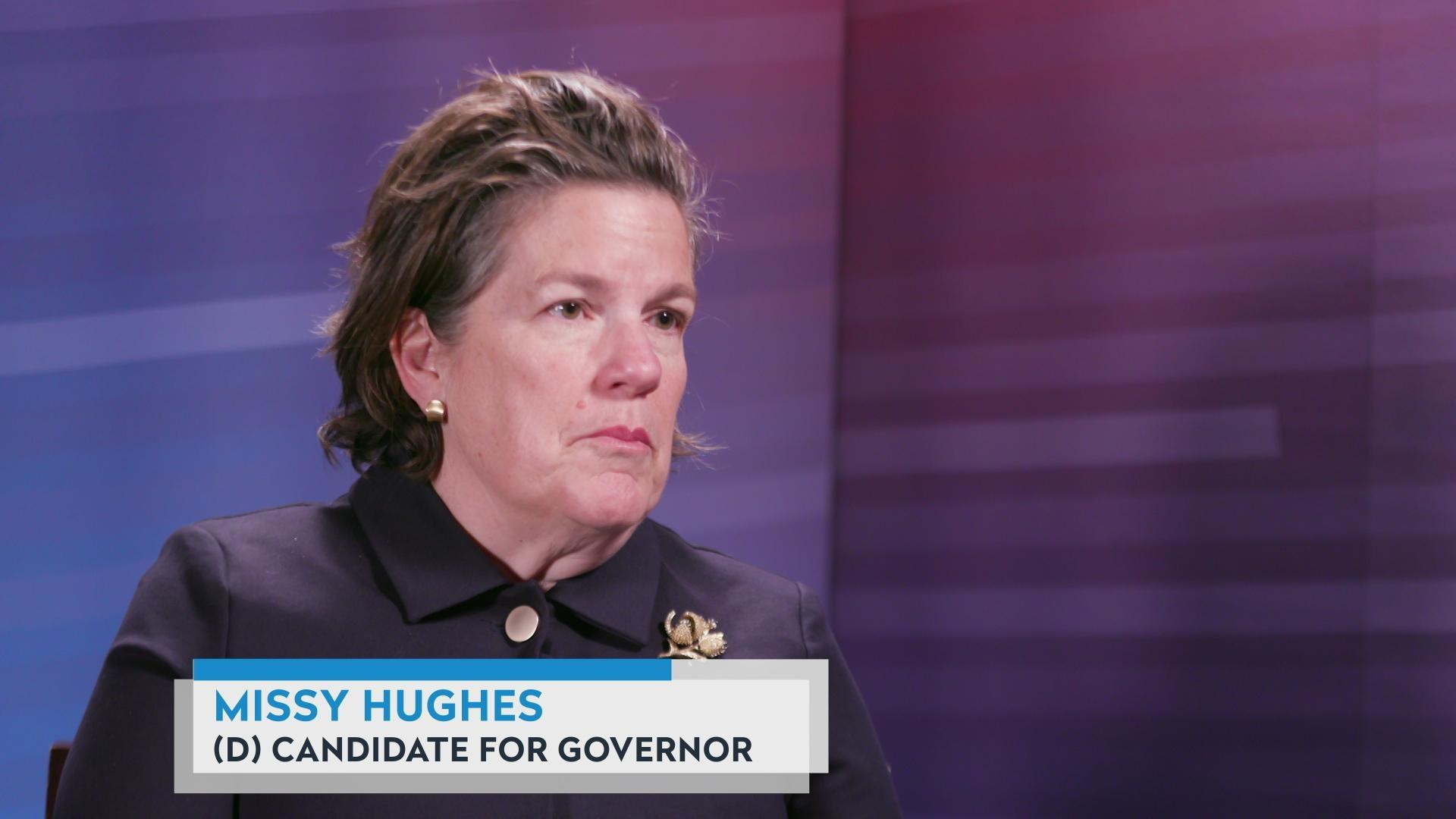
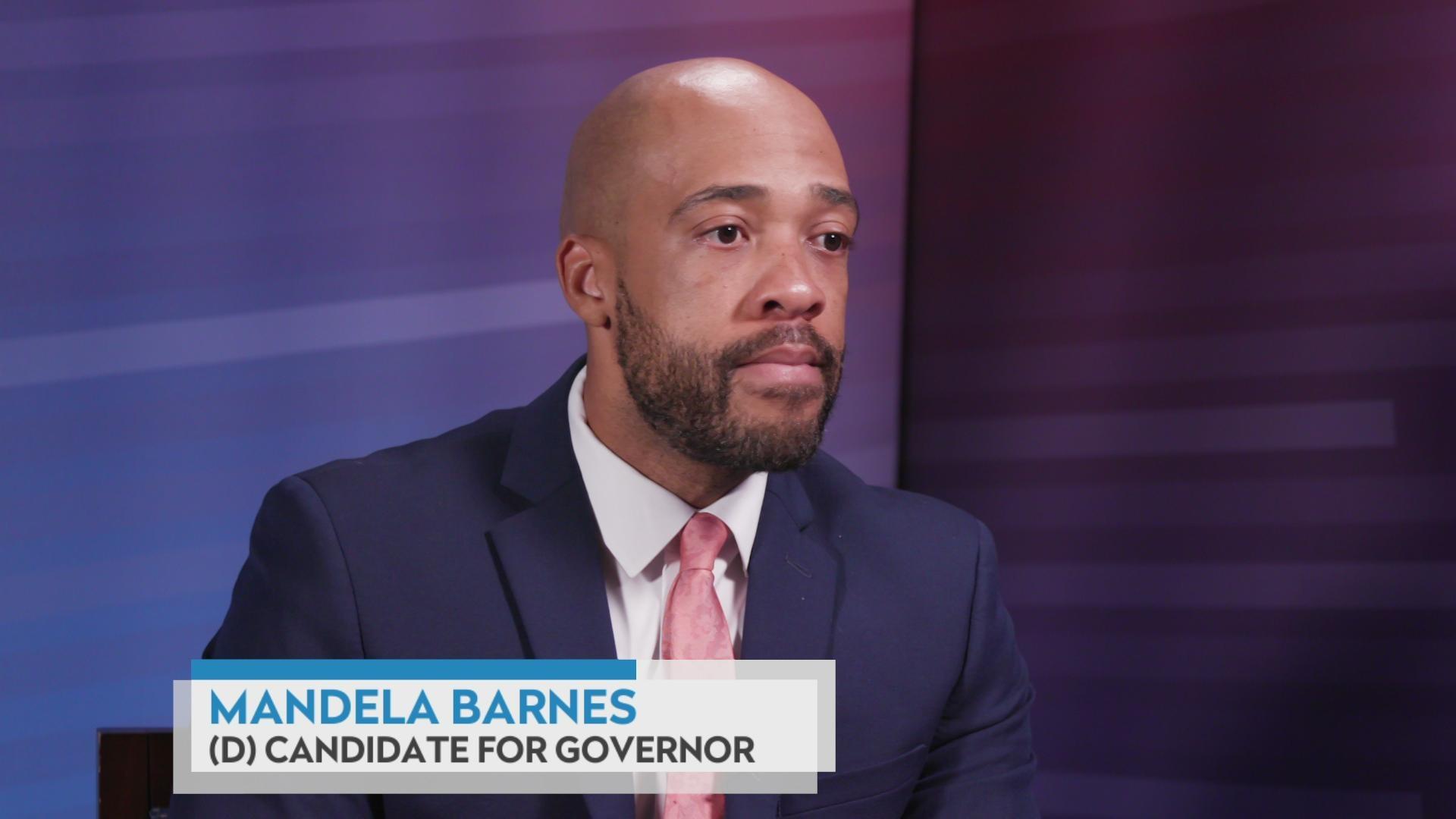

Follow Us